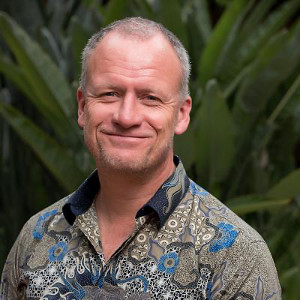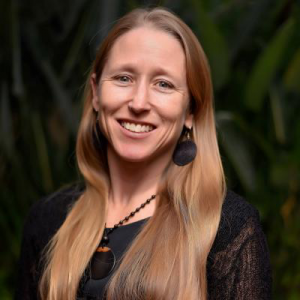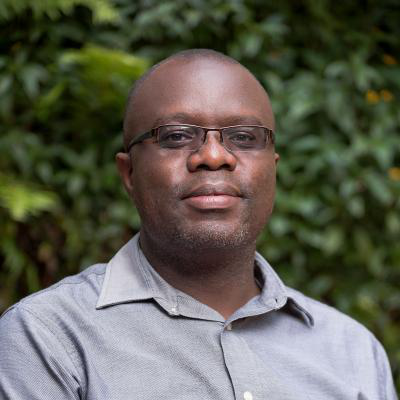Description
BRCiS is committed to improving communities’ capacity to adapt to climate change while remaining grounded in their lived experiences of the impact of environmental degradation. ICRAF is supporting BRCiS with the implementation of activities.
In this project ICRAF develops a methodology combining biodiversity and land degradation measurement baselines (using remote sensing, laboratory soil testing, and other techniques) with an analysis of the social dynamics of natural resource access and use, including conflict. We use existing data from the Land Degradation Surveillance Framework (LDSF) and remote sensing and explore options for primary data collection. ICRAF also trains BRCiS members and community representatives on field-based data collection; and then analyse the data. These assessments feed into participatory mapping of intercommunal watersheds, especially emphasizing the condition, use and management of natural resources, and are used to confirm clusters of adjacent communities within common “areas”, based on their shared use of critical natural resources. Considering the centrality of water (its lack or excess) in severe shocks, these “areas” are likely to be inter-communal watersheds. BRCiS anticipates approximately 27 areas in total to be delimited; to be confirmed when the mapping exercise is completed.


























